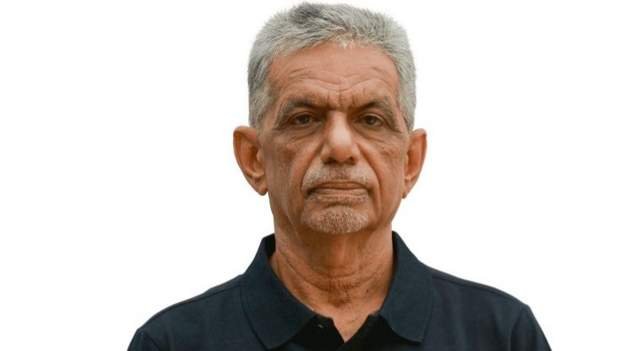A prominent South African tennis player, Hoosen Bobat, who experienced exclusion from competing at Wimbledon in the 1970s due to apartheid, is now requesting a public apology from the tournament organizers and the sport’s international governing body.
Bobat had qualified for the junior tournament in 1971, a significant achievement during a period when apartheid was severely enforced in South Africa. However, his invitation to participate was unexpectedly revoked merely one week prior to the event, leaving him deeply disappointed.
“After all those years of training and practice, I had the opportunity to play in the greatest stage in the world. When my entry was accepted – there was great joy in Africa among black players… It would have been a gateway to my future tennis career,” he tells BBC Newsday.
He firmly believes that racism was the underlying reason for his exclusion from participating in Wimbledon when the British government continued to support the apartheid regime despite growing international opposition.
In that era, non-white players in South Africa were prohibited from competing against their white counterparts. Matches held at all-white tennis centers were segregated, with non-white spectators confined to caged sections, symbolizing the deep racial divisions and discrimination of the time.
This week, two British Members of Parliament and anti-apartheid activists, Peter Hain and Jeremy Corbyn, raised Mr. Bobat’s case in parliament, lending their support to his demand for an apology.
Both the All England Lawn Tennis Club (AELTC), the organizers of Wimbledon, and the International Tennis Federation (ITF), the sport’s international governing body, have stated that they are currently reviewing the information provided by Mr. Bobat. This suggests a willingness to address the matter and assess the historical context surrounding his exclusion.
The involvement of British MPs and the growing recognition of past injustices in the sporting world indicate a shift towards acknowledging the impact of racism and discrimination. The responses from the AELTC and ITF will be closely watched to see if they lead to a formal apology and further action to rectify the harm caused during that period.
Mr Bobat says the sport still has a long way to go in South Africa, telling The Guardian: “Even now, nothing much has changed. There are less black – which we define as Indian, coloured and black – tennis players now than then.”

